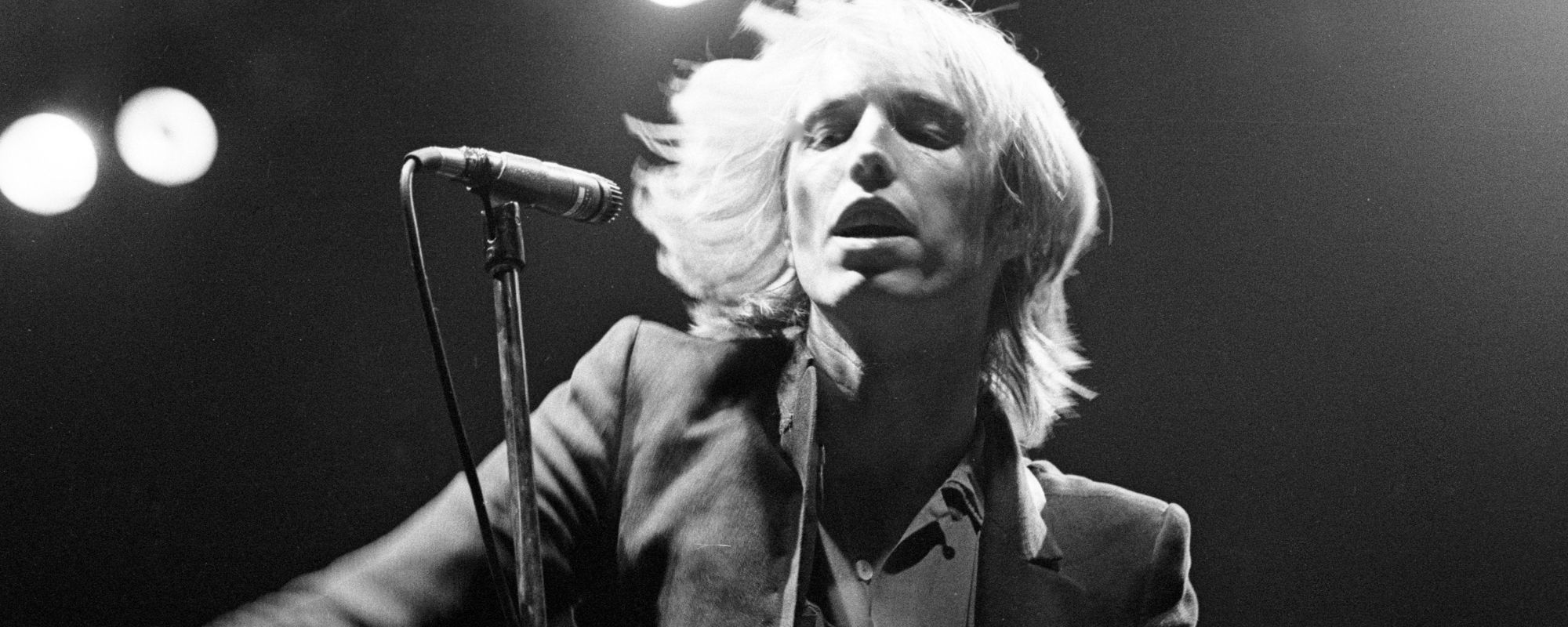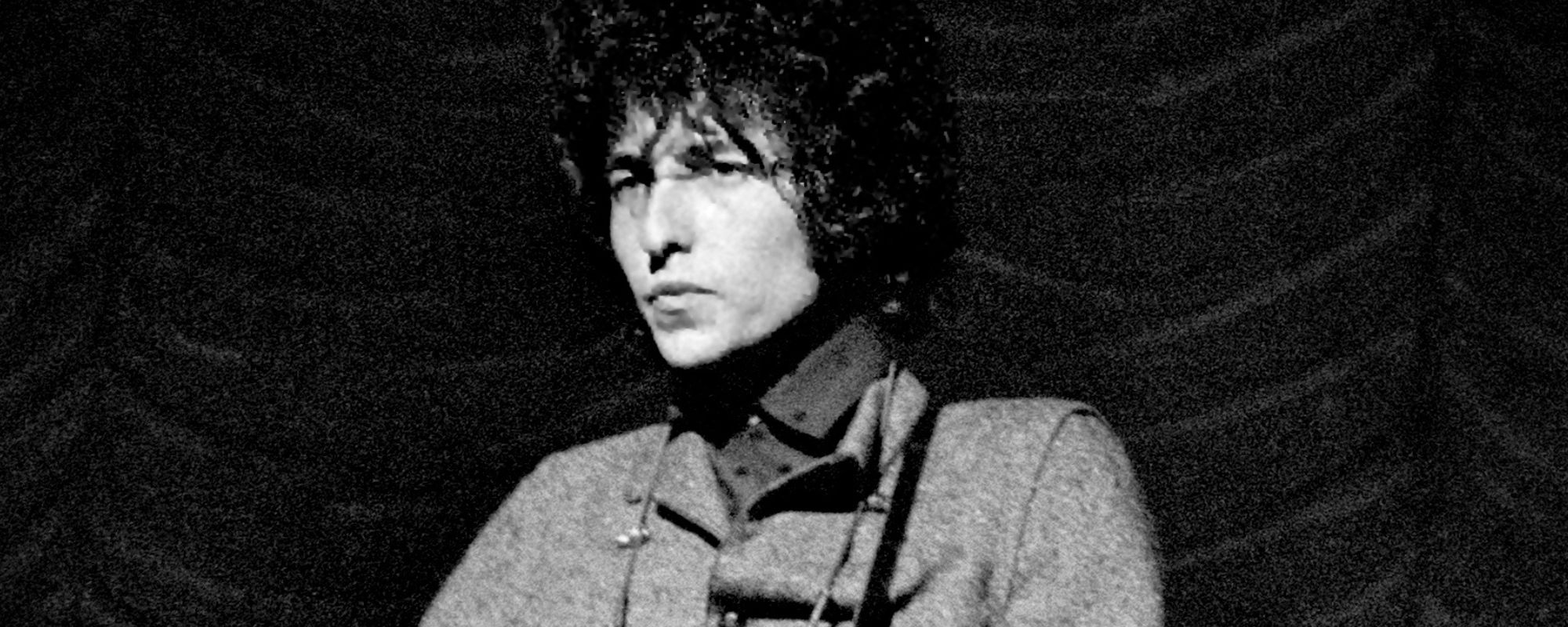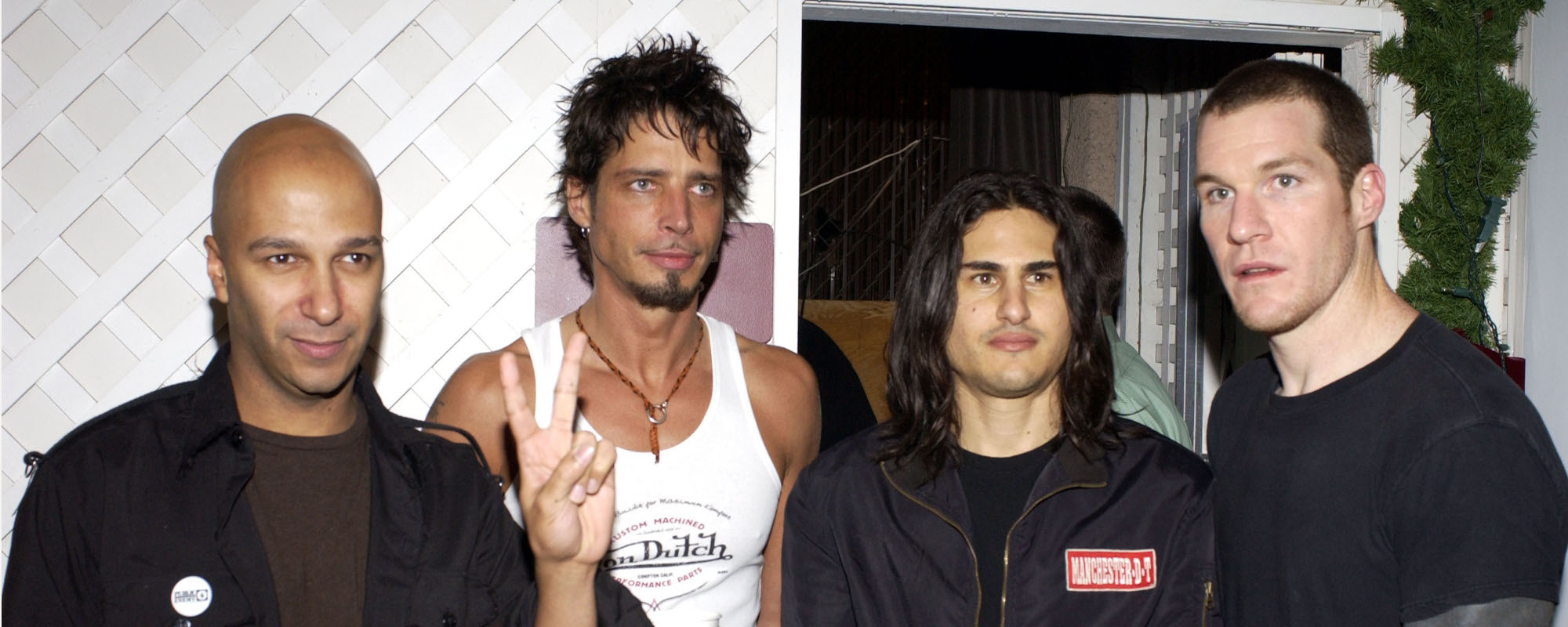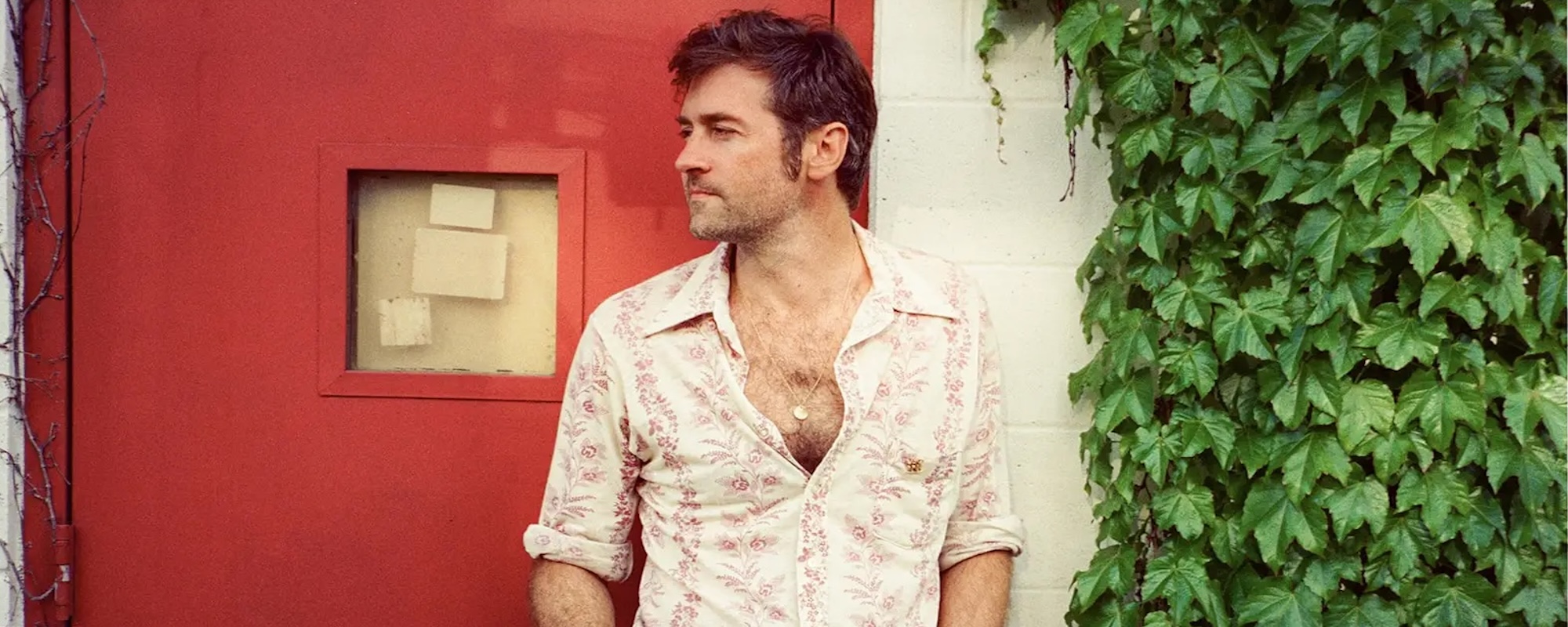Every music fan has that one artist that completely changed their life. For many people of his era, that one artist is Bob Dylan. The folk icon turned the world upside down with his cutting vignettes of life in the ’60s. For the youth in that decade, Dylan was the dawn of a new age. Even Robert Plant, a transformative icon in his own right, felt that way about Dylan. Find out how Dylan changed Plant’s life, below.
Videos by American Songwriter
How Bob Dylan Changed Robert Plant’s Life
Come you masters of war
You that build the big guns
You that build the death planes
You that build all the bombs
You that hide behind walls
Though Led Zeppelin’s music is a far cry from Dylan’s, the folkie’s influence in the ’60s and ’70s was inescapable. Popular music was forever changed by Dylan and his singular songwriting. Moreover, Dylan’s songs were an index of major American musicians. Plant took them as a reminder of all he had to learn.
You that never done nothin’
But build to destroy
You play with my world
Like it’s your little toy
You put a gun in my hand
And you hide from my eyes
“Something happened when Dylan arrived,” Plant once said. “I had to grapple with what he was talking about. His music referenced Woody Guthrie, Richard and Mimi Farina, Reverend Gary Davis, Dave Van Ronk and all these great American artists I knew nothing about.”
“He was absorbing the details of America and bringing it out without any reservation at all, and ignited a social conscience that is spectacular,” he added. “In these Anglo-Saxon lands we could only gawp, because we didn’t know about the conditions he was singing about. Dylan was the first one to say: hello, reality. I knew that I had to get rid of the winkle-pickers and get the sandals on quick.”
Like Judas of old
You lie and deceive
A world war can be won
You want me to believe
But I see through your eyes
One song in particular that resonated with Plant was “Masters of War.” On top of the title sounding like a song Led Zeppelin would release, its themes of governmental corruption amid wartime spoke to Plant–who was living in England post World War II. The country slowly rebuilt after that conflict and most of its inhabitants were experiencing a post-war dip. Naturally, this anti-war song likely offered Plant some refuge.
Revisit this track, below.
You fasten all the triggers
For the others to fire
Then you sit back and watch
When the death count gets higher
You hide in your mansion
(Photo by Moviestore/Shutterstock)








Leave a Reply
Only members can comment. Become a member. Already a member? Log in.